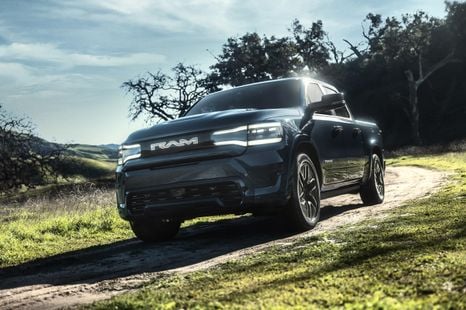

Derek Fung
Stellantis posts A$35 billion loss after failed EV push, shares sink 24 per cent
3 Hours Ago
Sodium-ion battery chemistry claims to be more environmentally friendly and may deliver the same energy density as lithium-ion batteries.

Contributor
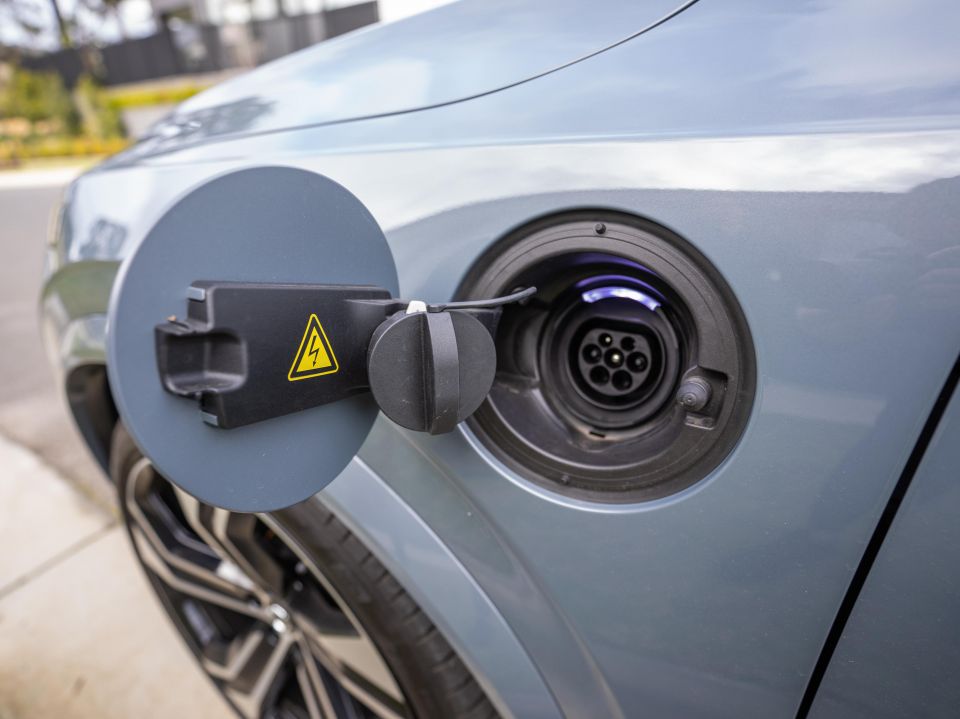

Contributor
A new type of battery promises to be more environmentally-friendly and cheaper to produce than today’s lithium-ion batteries.
A sodium-ion battery chemistry is being researched at Chalmers University of Technology in Gothenburg, Sweden.
This battery technology is expected to have the same energy density as lithium-ion EV batteries, though the current technology isn’t there yet.
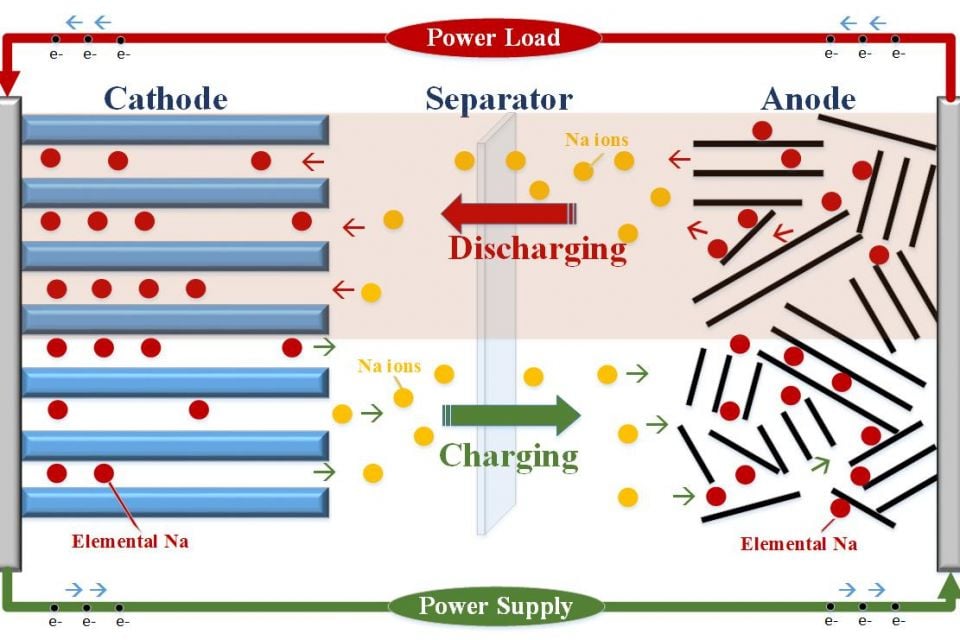
One of the world’s most abundant resources, sodium is a main ingredient of sea water and table salt.
Sodium is stored within the battery cell with a new type of graphene sheeting, a carbon structure that is stacked inside the battery pack.
The researchers had trouble with the larger sodium ion size fitting into the graphite structure, compared to lithium ions, and had to add a molecule spacer on one side of each graphene layer.
This in turn creates more space for the sodium ions to move around and hence yields a higher battery capacity.
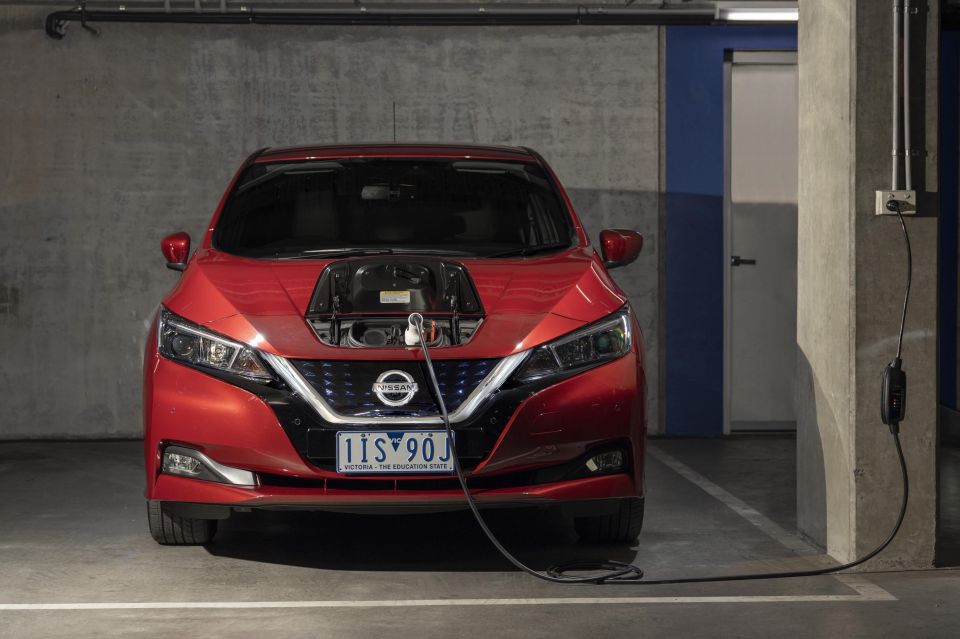
Another issue that the Swedish researchers are currently facing is the battery’s inability to hold its charge and maintain a good range.
Chalmers University of Technology researchers have found the technology has a high cycling stability so it can be charged and discharged hundreds of times.
This battery chemistry research is still in its early stages, with no timeframe yet for commercial production.
Chinese battery manufacturer, Contemporary Amperex Technology Co. Ltd. (CATL), has also been researching the viability of sodium-ion batteries.
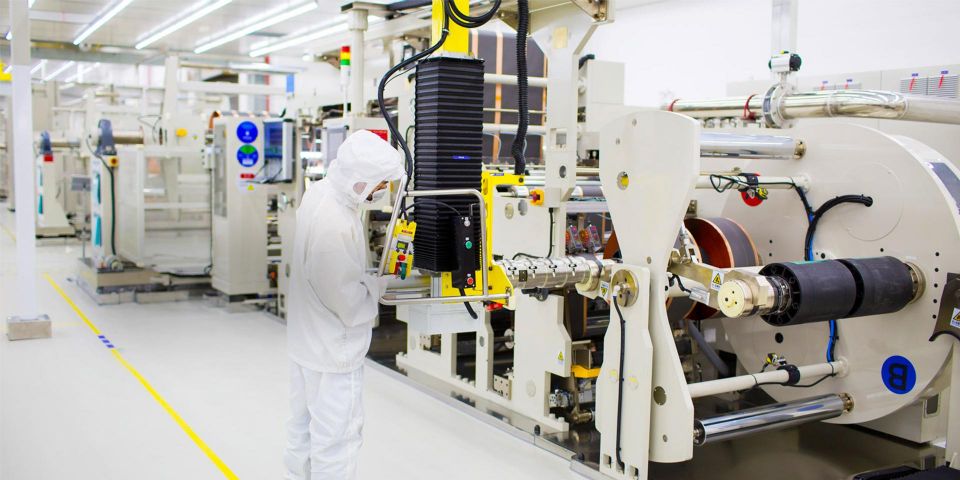
Working on a hybrid sodium- and lithium-ion battery pack, the company has said the same manufacturing equipment and facilities can be used to produce these batteries.
It has been researching this battery technology for a number of years now and expects production to commence in 2023.
These batteries still contain rare earth minerals such as lithium and cobalt though, just in smaller amounts.
CATL says that its first-generation sodium-ion batteries will be designed for transport and could eventually replace existing lithium-ion EV batteries.
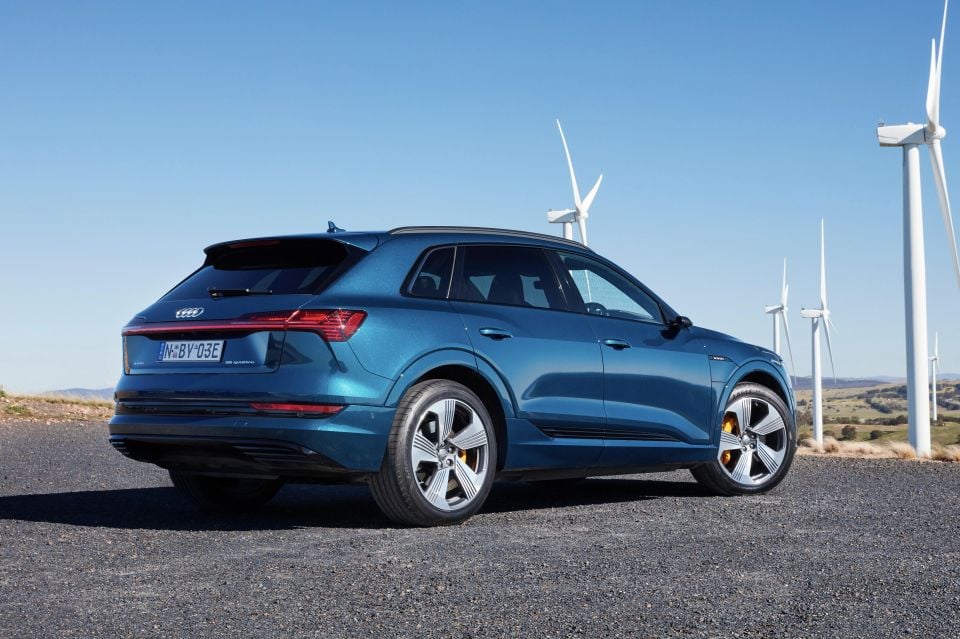
In 2020, another set of researchers at the Washington State University (WSU) and Pacific Northwest National Laboratory (PNNL) published an article about the successes of sodium-ion battery technology.
“There is great interest around the potential for replacing Li-ion batteries with Na-ion in many applications,” said Dr. Imre Gyuk, head of the energy storage program for the U.S Department of Energy that supported the research team at PNNL.
“If we can find viable alternatives to both lithium and cobalt, the sodium-ion battery could truly be competitive with lithium-ion batteries,” said Junhua Song, WSU PhD graduate.
While this battery technology is salty, Australian researchers announced they were working on something rather sweet.
A team at Monash University developed a lithium-sulfur battery with a glucose-based additive.
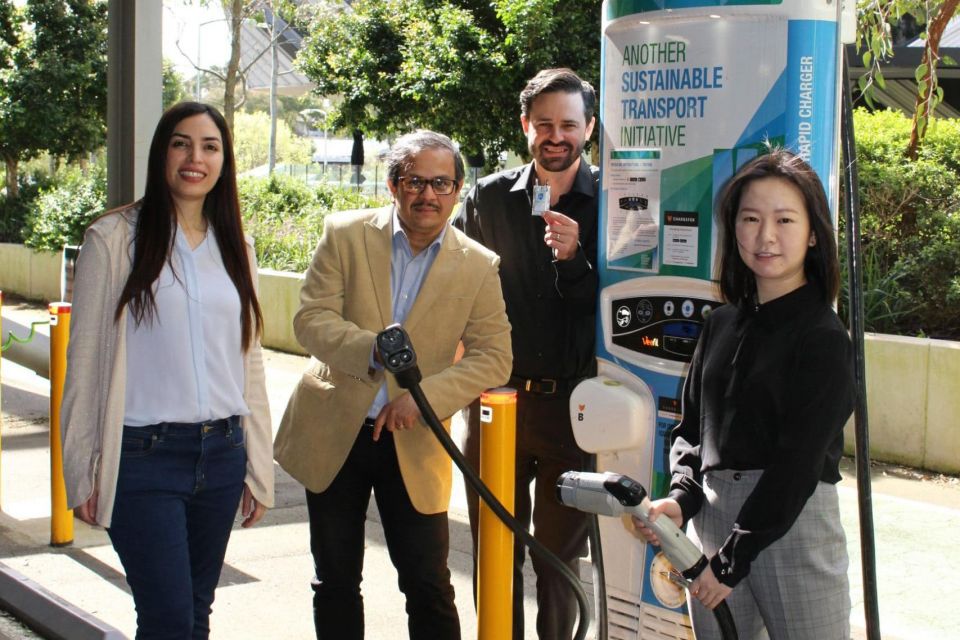
This particular battery technology claims to be able to store two to five times more energy than lithium-ion EV batteries.
Just like sodiumion batteries, this battery technology is also said to be cheaper to produce.
Jack Quick is an automotive journalist based in Melbourne. Jack studied journalism and photography at Deakin University in Burwood, and previously represented the university in dance nationally. In his spare time, he loves to pump Charli XCX and play a bit of Grand Theft Auto. He’s also the proud owner of a blue, manual 2020 Suzuki Jimny.


Derek Fung
3 Hours Ago
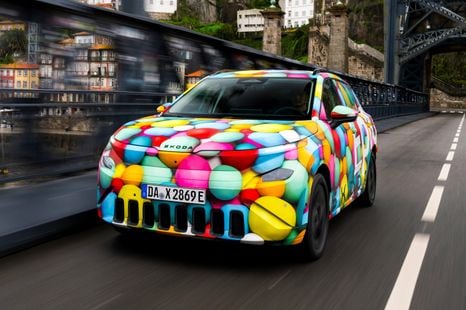

Dave Humphreys
14 Hours Ago

Damion Smy
15 Hours Ago
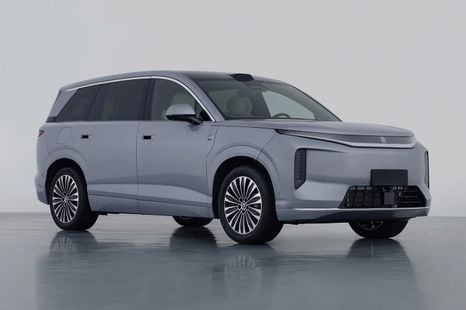

William Stopford
16 Hours Ago


CarExpert
17 Hours Ago
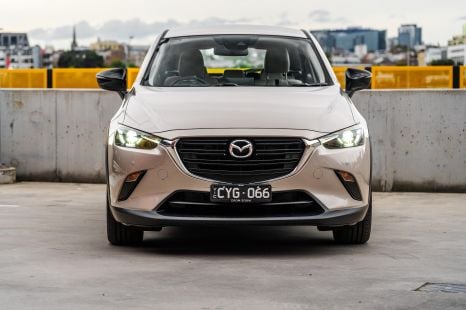

William Stopford
17 Hours Ago
Add CarExpert as a Preferred Source on Google so your search results prioritise writing by actual experts, not AI.